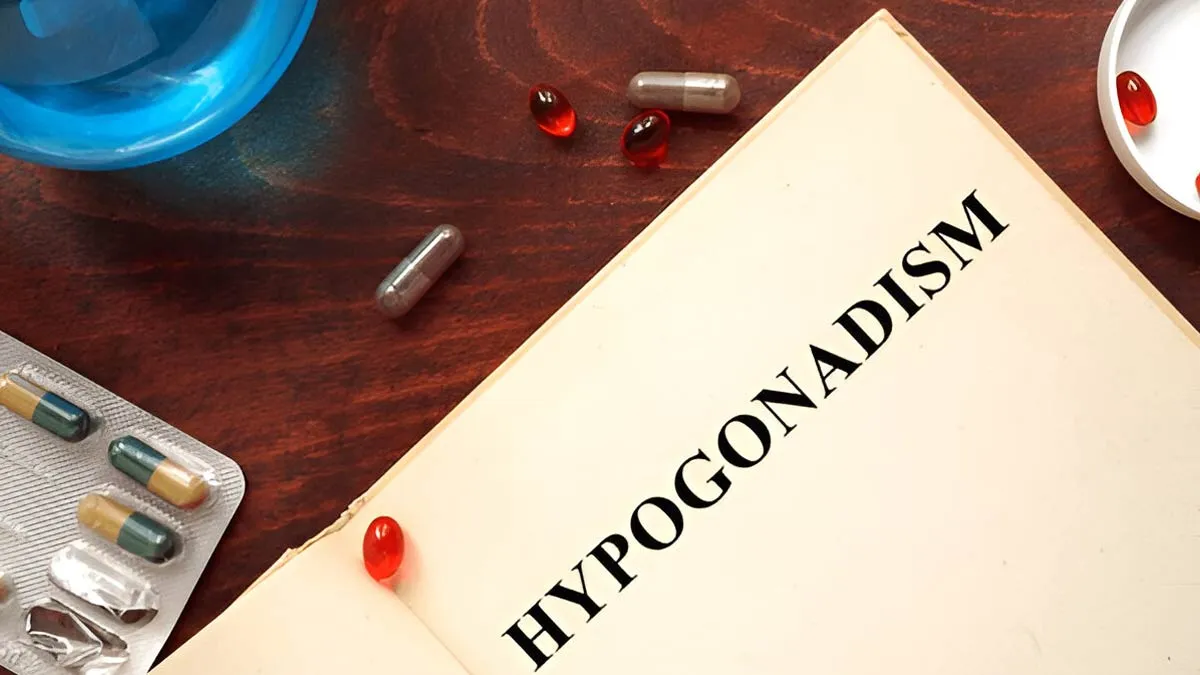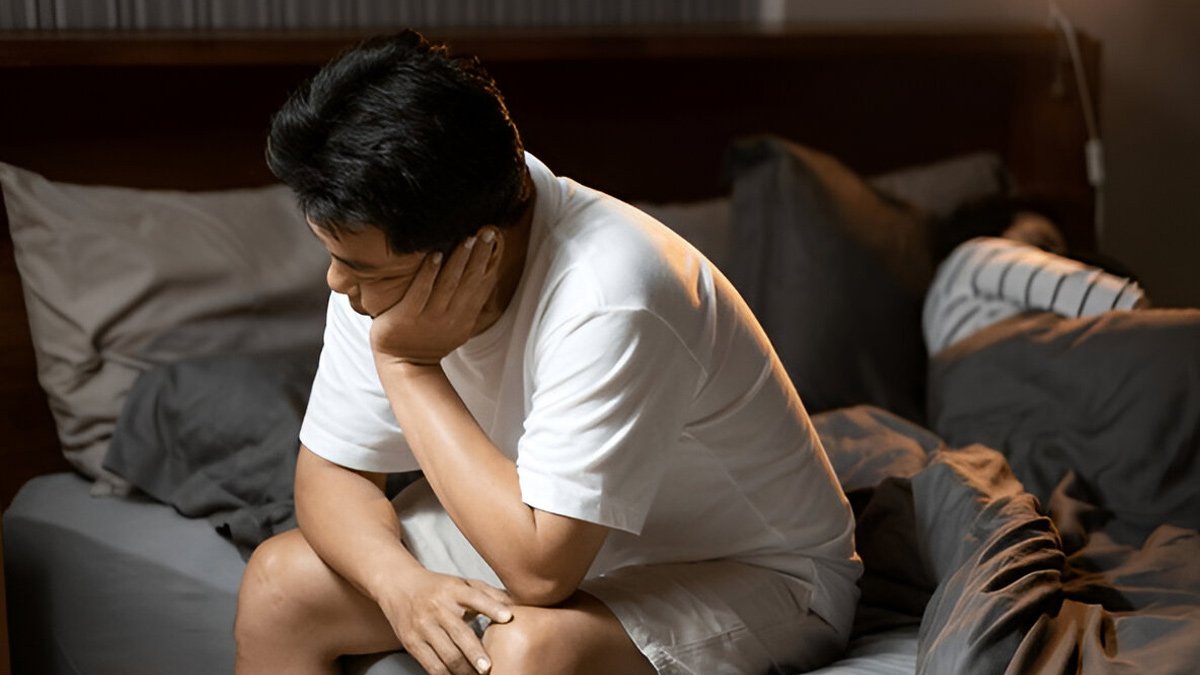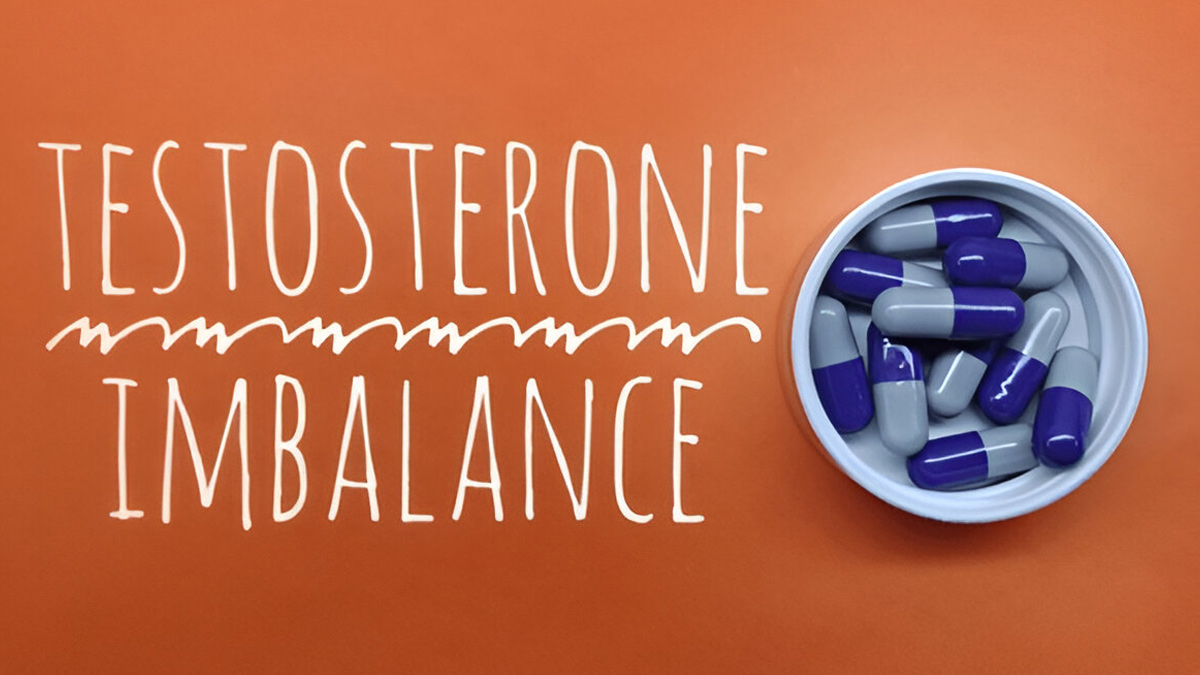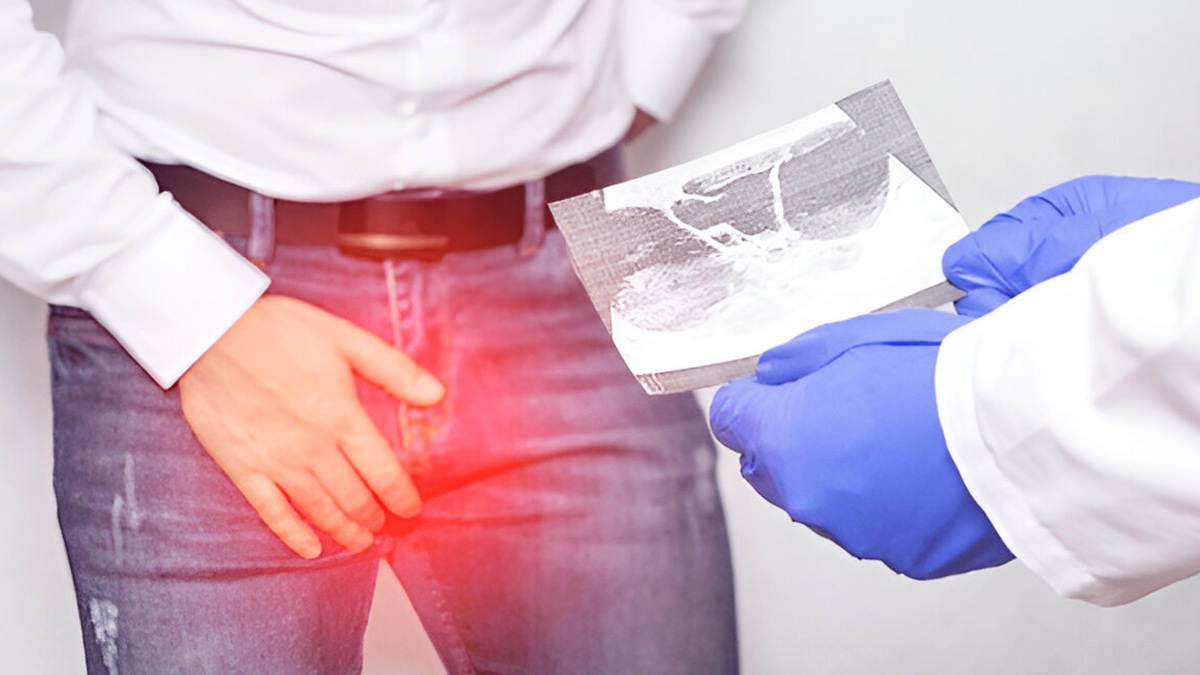
Discussions around women’s health have undoubtedly gained momentum, yet men’s health often lingers in the background. While topics like menopause and low oestrogen levels are openly addressed, conditions such as hypogonadism in men remain largely overlooked—with awareness still minimal.
Table of Content:-
Therefore, the OnlyMyHealth team interacted with Dr Shashank M S, Consultant - Urology and Renal Transplant, Aster CMI Hospital, Bengaluru, to understand what hypogonadism is, how it affects men’s overall health, including mental health, and ways the condition can be tackled and managed.
Also Read: Understanding Hot Flashes In Men: What Causes Them And Ways To Manage The Heat
What Is Hypogonadism?

Hypogonadism is a condition in which a man’s body does not make enough of the male hormone testosterone. According to Dr Shashank, testosterone is very important for sexual development, muscle strength, energy, mood, and fertility. "When levels are too low, men may face problems like low sex drive, tiredness, loss of muscle, weight gain, and even weak bones," he explained.
According to StatPearls Publishing, male hypogonadism is "often underreported, improperly diagnosed, and overrated." Research suggests approximately 40% of men older than 45 and 50% of men in their 80s are hypogonadal.
It is important to note that hypogonadism can happen at birth, during puberty, or later in life due to ageing, injury, illness, or lifestyle factors. Dr Shashank shares that many cases remain undiagnosed, as symptoms are often confused with stress, ageing, or other health problems.
How Do Low Testosterone Levels Affect Sex Drive And Fertility In Men?

The main function of testosterone is developing and maintaining male reproductive tissues, promoting secondary sexual characteristics like muscle mass, bone density, and body hair, and supporting sexual and reproductive health, including libido and sperm production.
In the case of hypogonadism, when testosterone levels are low, it can have a direct effect on a man’s sex drive and fertility. Dr Shashank described testosterone as the main hormone that controls sexual desire. So, when levels are low, many men notice a drop in interest for sex, less frequent thoughts about intimacy, or difficulty getting and keeping erections.
Over time, this can also affect confidence and relationships.
For fertility, testosterone plays a key role in sperm production. Low levels can reduce the number and quality of sperm, making it harder to father a child. "In some cases, men may also experience shrinkage of the testicles. Because the signs are gradual, many men may not realise that low testosterone is the root cause of these sexual and reproductive problems," Dr Shashank shared.
Also Read: Can Fenugreek Boost Your Libido Naturally? Here’s What You Need to Know
Symptoms Of Hypogonadism In Men
Besides a drop in sex drive, hypogonadism can show up through many physical changes in the body:
- Men may feel tired all the time.
- Loss of muscle strength and fat gain, especially around the belly
- Weaker bones, increasing the risk of fractures
- Thinning hair, slower beard growth, or softer skin
- Swelling or tenderness in the chest area (gynaecomastia)
- Shrinkage of testicles and decrease in body stamina
- Low motivation to exercise and struggle with weight control
These symptoms often appear slowly and may be mistaken for normal ageing, which is why hypogonadism can go undiagnosed without proper medical testing.
Hypogonadism And Mental Health In Men

According to Dr Shashank, mental health can be strongly linked to low testosterone. "Testosterone does not only affect the body; it also plays a role in mood and emotions. When levels are low, men may feel more anxious, sad, or easily irritated. Depression, lack of motivation, poor focus, and trouble sleeping are also common signs," he said.
The doctor adds that some men describe feeling less confident or less interested in things they once enjoyed. Because these mental health symptoms overlap with stress or ageing, the connection to low testosterone is often missed.
Research shows that men with low testosterone have a higher chance of depression. Treating the hormone imbalance, along with proper mental health support, can help improve both mood and overall quality of life.
Treatment Options For Hypogonadism
Men with hypogonadism have several treatment options, depending on the cause. The most common treatment available is Testosterone Replacement Therapy (TRT), which helps bring hormone levels back to normal.
Dr Shashank explained, “TRT can be given through skin gels, patches, injections, or small pellets placed under the skin. This treatment can improve sex drive, mood, energy, muscle strength, and bone health. If fertility is a concern, doctors may suggest medicines that boost natural testosterone and sperm production instead of TRT.”
“In cases where hypogonadism is caused by another health problem, treating that condition may also help. Lifestyle changes like regular exercise, good sleep, healthy eating, and reducing stress support recovery too. Treatment always needs medical supervision to avoid side effects,” the doctor concluded.
How we keep this article up to date:
We work with experts and keep a close eye on the latest in health and wellness. Whenever there is a new research or helpful information, we update our articles with accurate and useful advice.
Current Version
Sep 14, 2025 20:31 IST
Published By : Tenzin Chodon